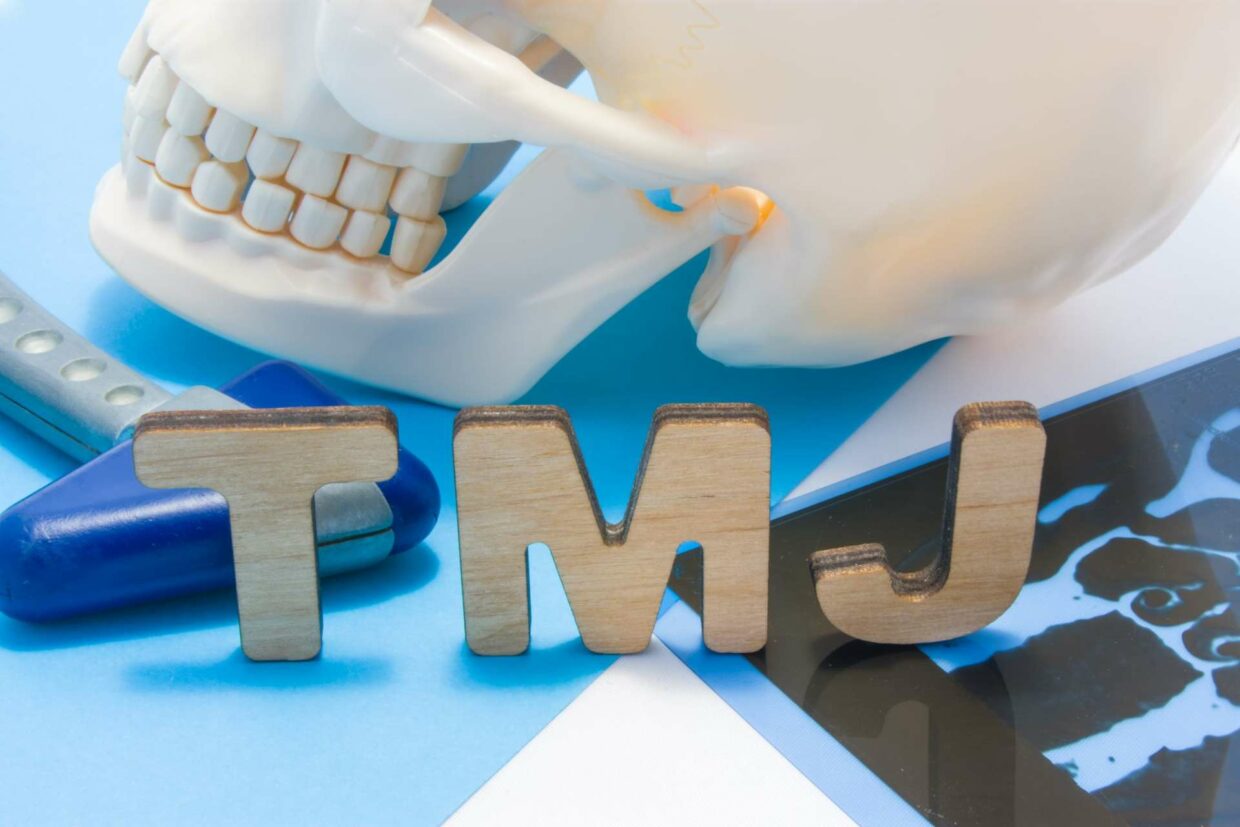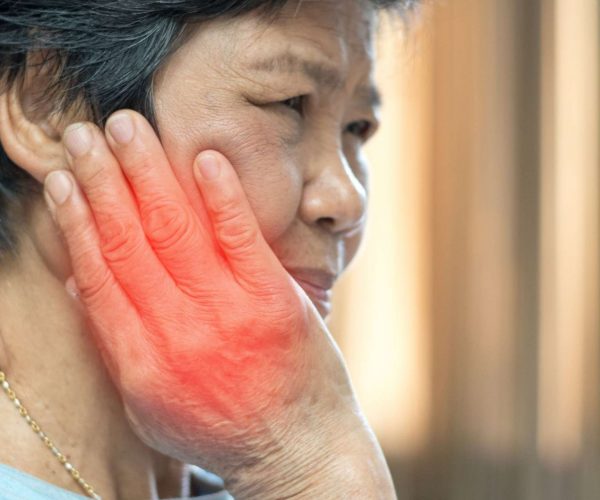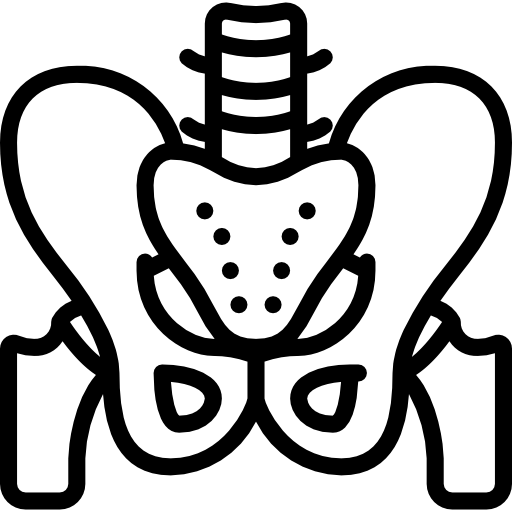TMJ Treatment
TMJ Treatment in Edmonton
TMJ dysfunction, or temporomandibular joint dysfunction, affects many individuals and usually presents as pain in the jaw area. TMJ dysfunction can also present with the clicking of the jaw, issues or pain with chewing, decreased ability to open the jaw, and locking of the jaw. This can limit a person’s ability to eat, talk, or even yawn. Our physiotherapists take a detailed history and complete a thorough assessment to develop a treatment plan to address the factors contributing to a TMJ dysfunction.
The temporomandibular joint is between our mandible (jaw) and our skull. This joint is responsible for allowing us to open our mouths to eat, talk, sing, and yawn. The cause of TMJ dysfunction is usually multifactorial. Pain and other TMJ symptoms can arise from a direct blow to the jaw, such as a sports injury or a whiplash injury from a motor vehicle accident. Other causes may not be trauma-related and can stem from grinding/clenching of the teeth, stress, degeneration of the joint surfaces (arthritis), poor posture, or shifting of the disc that sits between the joint surfaces. Our physiotherapists complete a thorough assessment to assess which factors may be contributing to the cause of the TMJ issues and allow for a comprehensive treatment plan.
Treatment may include:
- Manual therapy techniques to help mobilize the joint and actively release the musculature surrounding the jaw
- Personalized exercises which may include stretching, massaging of tight muscles, active jaw movements to help improve the position of the joint, techniques to help assist with lessening stress
- Acupuncture to help decrease pain and improve muscle tightness around the jaw
- Other modalities or activity modifications to help assist with patient-specific problem
In addition, our physiotherapists may work in conjunction with your dentist to help assist with your TMJ concerns. Often, wearing a splint, or a night-guard, may be recommended by your dentist. Splinting may help reduce muscle pain and headaches, help reduce teeth clenching, and help assist with improving the position and stabilizing the TMJ. This can sometimes be useful in conjunction with physiotherapy to help address a patient’s TMJ dysfunction.












